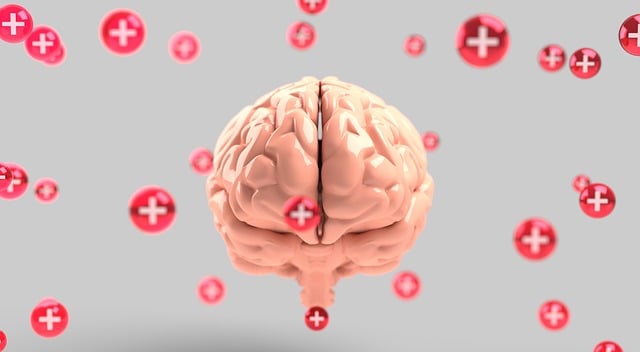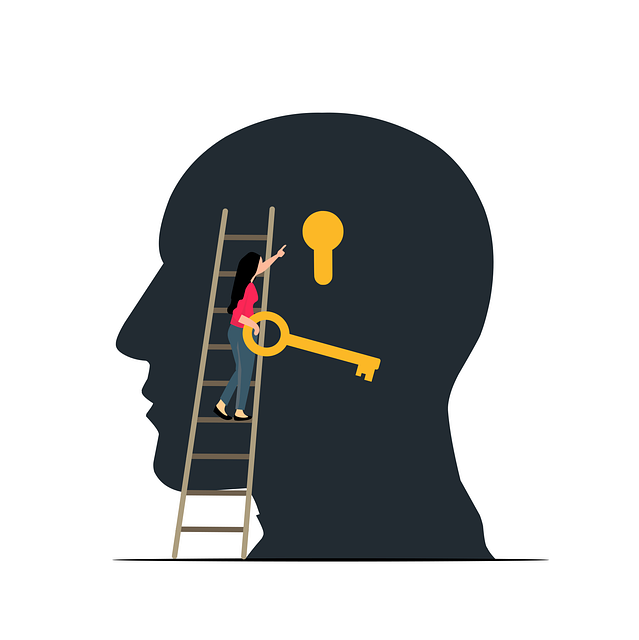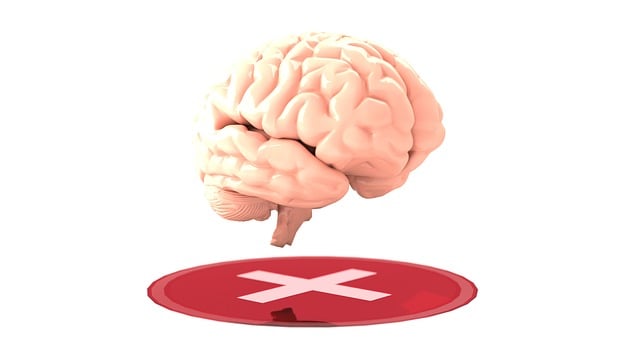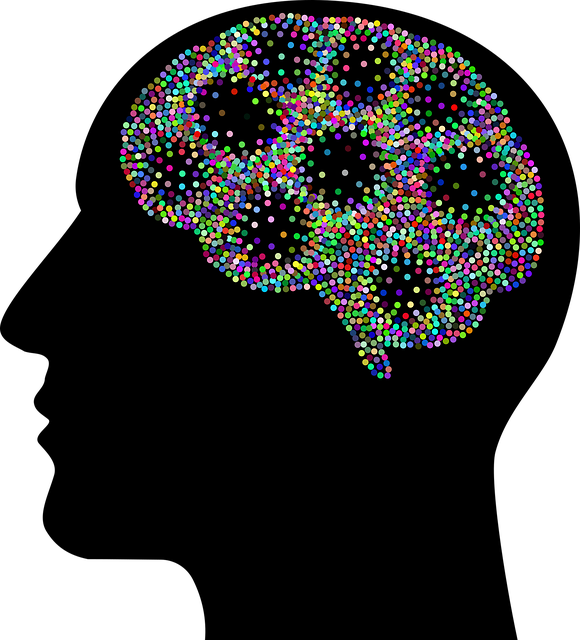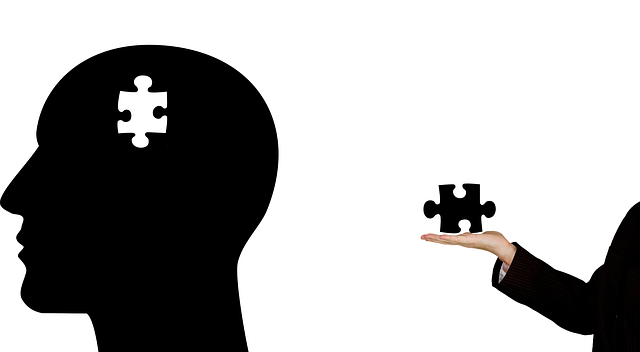Littleton Divorce Therapy prioritizes cultural sensitivity in mental healthcare, addressing the unique needs of diverse clients facing divorce. They overcome language barriers and lack of cultural competence through practices like Mental Health Education and Mental Wellness Journaling, fostering trust and effective therapeutic outcomes. Specialized training empowers therapists to integrate clients' cultural backgrounds into treatment, enhancing resilience and personal growth during separation.
In today’s diverse society, cultural sensitivity in mental healthcare is paramount. Understanding cultural diversity ensures effective treatment for all individuals, especially those from marginalized communities. This article explores key aspects of this critical issue, including challenges and barriers that hinder culturally sensitive practice, the importance of training therapists in cultural competence, strategies for building trust and communication, and successful implementation highlighted by case studies of Littleton Divorce Therapy.
- Understanding Cultural Diversity in Mental Health Care
- Challenges and Barriers to Culturally Sensitive Practice
- The Role of Cultural Competence Training for Therapists
- Strategies for Building Trust and Effective Communication
- Case Studies: Successful Implementation of Littleton Divorce Therapy
Understanding Cultural Diversity in Mental Health Care

In the realm of mental healthcare, understanding cultural diversity is paramount to delivering effective and sensitive support. The United States, like many countries, is a vibrant tapestry woven with threads from various ethnic, racial, and cultural backgrounds. Each thread brings unique perspectives, beliefs, and practices that influence how individuals perceive and seek help for their mental health concerns. For instance, in communities where collective family values are highly regarded, individuals might be more inclined to seek therapy as a group rather than individually. Alternatively, some cultures prioritize spiritual or religious healing modalities before conventional psychiatric treatments.
Navigating these cultural nuances is essential, especially when dealing with sensitive issues like divorce, which can have profound implications for mental wellness. In Littleton Divorce Therapy, for instance, therapists must be adept at tailoring their approach to accommodate diverse family structures and communication styles. Incorporating elements of Mental Health Education Programs Design that celebrate cultural diversity, along with Inner Strength Development strategies and even Mental Wellness Journaling Exercise Guidance, can create a safe and inclusive environment where clients feel heard and understood, fostering open dialogue and ultimately enhancing the therapeutic process.
Challenges and Barriers to Culturally Sensitive Practice

In many mental healthcare settings, especially in diverse communities, practitioners face challenges when attempting to implement culturally sensitive approaches. One significant barrier is the lack of cultural competence training, which can hinder therapists’ ability to understand and adapt their practices to meet clients’ unique needs. For instance, a therapist from one cultural background may unintentionally apply their own biases or assumptions when treating a client from a vastly different heritage. This can lead to miscommunication, mistrust, and ultimately impede the therapeutic process.
Another challenge is language and communication gaps. At Littleton Divorce Therapy, for example, where clients often face complex family dynamics, providing therapy in multiple languages is crucial but not always feasible. These barriers can make it difficult for therapists to assess cultural factors influencing a client’s mental health, such as beliefs about mental illness or family structures, which are essential considerations when developing coping skills and guiding emotional healing processes. Crisis intervention guidance may also be less effective if cultural contexts and potential triggers are not taken into account.
The Role of Cultural Competence Training for Therapists

Cultural competence training plays a pivotal role in equipping therapists to provide effective care for clients from diverse backgrounds. In today’s interconnected world, it is essential for mental health professionals to understand and appreciate the impact of cultural nuances on mental wellness. This training goes beyond basic knowledge; it empowers therapists to deliver tailored services that resonate with clients’ unique cultural identities. By fostering an environment of respect and understanding, therapists can build stronger therapeutic alliances, enhancing the overall effectiveness of treatment.
For individuals seeking therapy in a specific context, like Littleton Divorce Therapy, cultural sensitivity is crucial. Many clients may face complex issues related to identity, family dynamics, and community support systems that are deeply rooted in their cultural heritage. Therapists who have undergone comprehensive cultural competence training can offer guidance on mental wellness journaling exercises, help develop coping skills tailored to individual needs, and even boost client confidence during challenging times. This personalized approach not only facilitates healing but also ensures that therapists are adept at navigating the intricate cultural labyrinth, providing a safe space for clients to explore their mental health journey.
Strategies for Building Trust and Effective Communication

Building trust is a cornerstone when offering mental healthcare services within diverse communities, especially in areas like Littleton Divorce Therapy where cultural differences play a significant role. One effective strategy to foster trust is by ensuring cultural competency among therapists. This involves not just understanding various cultural practices and beliefs but also incorporating them into therapeutic sessions to create an inclusive environment. Therapists should actively listen to clients’ stories, validating their experiences without judgment, which can significantly enhance trust.
Effective communication goes hand in hand with building trust. Using clear, culturally sensitive language is crucial. This includes explaining therapy goals, techniques, and expectations in a way that resonates with the client’s cultural background. For instance, incorporating elements of mindfulness practices or emotional regulation techniques from clients’ cultures can make these strategies more accessible and relatable. Organizations like Stress Management Workshops can play a vital role in training mental health professionals on cultural sensitivity, ultimately improving patient outcomes and satisfaction.
Case Studies: Successful Implementation of Littleton Divorce Therapy

Cultural sensitivity in mental healthcare is essential for providing effective treatment and fostering trust. By understanding cultural diversity, addressing barriers, and implementing training, therapists can create a more inclusive environment. As seen in successful case studies like the implementation of Littleton Divorce Therapy, these strategies lead to improved outcomes. It’s crucial for practitioners to embrace cultural competence, ensuring every client receives care tailored to their unique background, ultimately revolutionizing mental healthcare accessibility and quality.



